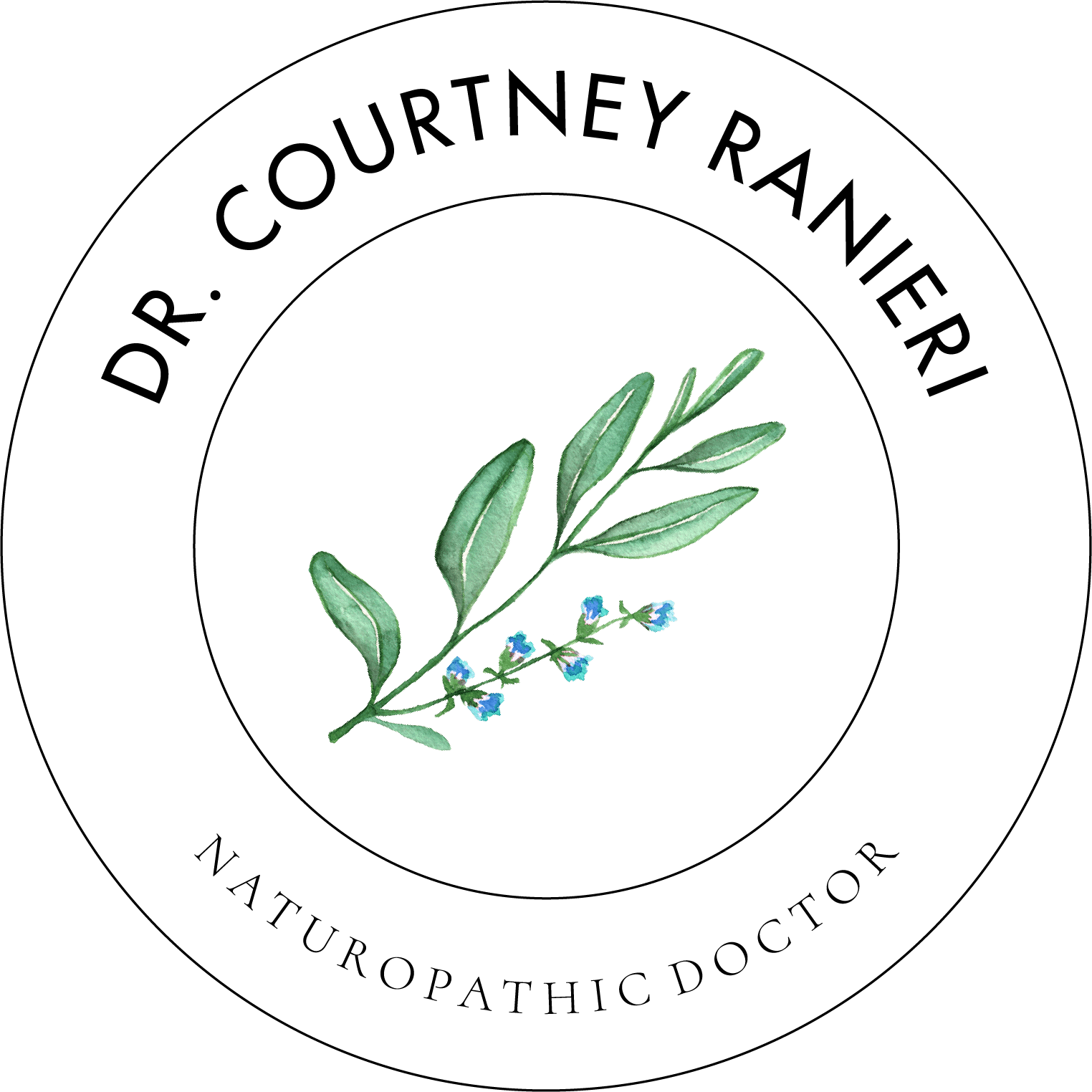Why Your Digestive Issues Might Actually Be Due To SIBO (Small Intestinal Bacterial Overgrowth)
If you experience bloating or discomfort regularly or have been diagnosed with IBS and the usual treatments haven’t helped, it’s time to consider SIBO.
The saying ‘too much of a good thing can be a bad thing’ is especially true when it comes to bacteria in the digestive tract.
Humans have a symbiotic relationship with bacteria on the body, which means that we work together with the bacteria to function. It’s believed that each person has around 4 lbs of micro-organisms in and on their body!
Gut bacteria protects us from pathogens, helps us digest food, metabolize hormones, synthesize nutrients like biotin (for healthy skin, hair and nails), and absorb minerals like iron. That’s why probiotics can be great to establish a healthy microbiome. However, when the bacteria normally found in the colon starts to colonize the small intestine – it can quickly turn into SIBO.
What is SIBO?
Small Intestinal Bacteria Overgrowth (SIBO) is exactly what it sounds like – an overgrowth of bacteria in the small intestine. Only 1-6% of all the bacteria in the digestive tract should be found in the small intestine, the rest is found in the large intestine. It’s important to diagnose and treat SIBO properly because it can lead to further digestive concerns.
It’s estimated that 80% of people with IBS are actually suffering from SIBO.
Symptoms of SIBO
SIBO symptoms look a lot like IBS symptoms, which is why it can difficult to diagnose. Many symptoms of SIBO arise due to the impaired digestion of food and absorption of nutrients. Common SIBO symptoms are:
- bloating
- gas/burping/flatulence
- heartburn
- sensation of fullness in the abdomen
- constipation and/or diarrhea
- abdominal pain or cramping
- food intolerances
- low vitamin B12 or iron levels
- loose or floating stools
- discomfort
What Causes SIBO?
Our bodies have mechanisms in place to prevent bacterial overgrowth. SIBO is believed to arise when there’s an issue with one (or a few) of these protective mechanisms. The major ones are:
Low stomach acid – Although a lot of people associate heartburn with high stomach acid, low stomach acid might actually be to blame. We need optimal amounts of stomach acid (hydrochloric acid) to kill off bad bacteria, break down food and activate enzymes. When there isn’t enough acidity, food isn’t broken down fully. Bacteria feed on this undigested food and it can cause symptoms like bloating, gas, indigestion and abdominal discomfort. This can lead to to an overgrowth of bacteria. Low stomach acid is very common and can be caused by stress, poor diet, aging, infections or medications (like PPI’s and other heartburn medications).
Sluggish or slow bowels – Our intestines are muscles that contract to push the contents along. When they’re not contracting optimally, food and bacteria stay stagnant and bacteria can proliferate. Sluggish bowels may be caused by stress, thyroid disorders, medications (like PPI’s, birth control and NSAIDS), and conditions like diabetes or neurological disorders.
Antibiotic use, food poisoning, poor eating habits, low pancreatic output, and conditions that effect motility like diabetes, scleroderma, intestinal obstruction and heavy alcohol use can also contribute to SIBO.
How Do I Test for SIBO?
SIBO is under-diagnosed and often misdiagnosed. The gold-standard for testing SIBO is a non-invasive breath test. Bacteria in the intestine produce hydrogen and methane gases, therefore testing their levels are helpful to determine if there is an overgrowth. A licensed Naturopathic Doctor can provide you with this testing.
Testing for SIBO is especially important if you experience IBS symptoms, but standard treatments haven’t provided relief.
How Do You Treat SIBO?
The first key to treating SIBO is to correctly diagnose SIBO and address the root cause. Treatment focuses around bringing bacteria levels down to normal, preventing them from proliferating again and optimizing a healthy microbiome and gut. Dr. Courtney Ranieri, ND focus her treatment on:
- Optimizing nutrition to restore gut health
- Moderating bacteria levels with medications or supplements
- Rebuilding the microbiome
- Repairing the digestive system
- Preventing reoccurance
If you are suffering from digestive concerns, interested in optimizing your digestive health or looking to do SIBO testing, I am a Naturopathic Doctor in Toronto, Mississauga and Vaughan and would love to help you reach your health goals. Feel free to reach out and check out available appointments here!
In health,
Dr. Courtney Ranieri, ND
Always check in with your Naturopathic Doctor or other health care provider before starting any treatments or making changes to your healthcare plan.
References
https://www.ncbi.nlm.nih.gov/pmc/articles/PMC2890937/
https://www.ncbi.nlm.nih.gov/pubmed/17990113
https://www.ncbi.nlm.nih.gov/pubmed/11151884
https://www.ncbi.nlm.nih.gov/pmc/articles/PMC3099351/
https://www.karger.com/Article/Abstract/201507
https://www.ncbi.nlm.nih.gov/pubmed/8881809/
https://onlinelibrary.wiley.com/doi/full/10.1111/ijcp.12128









